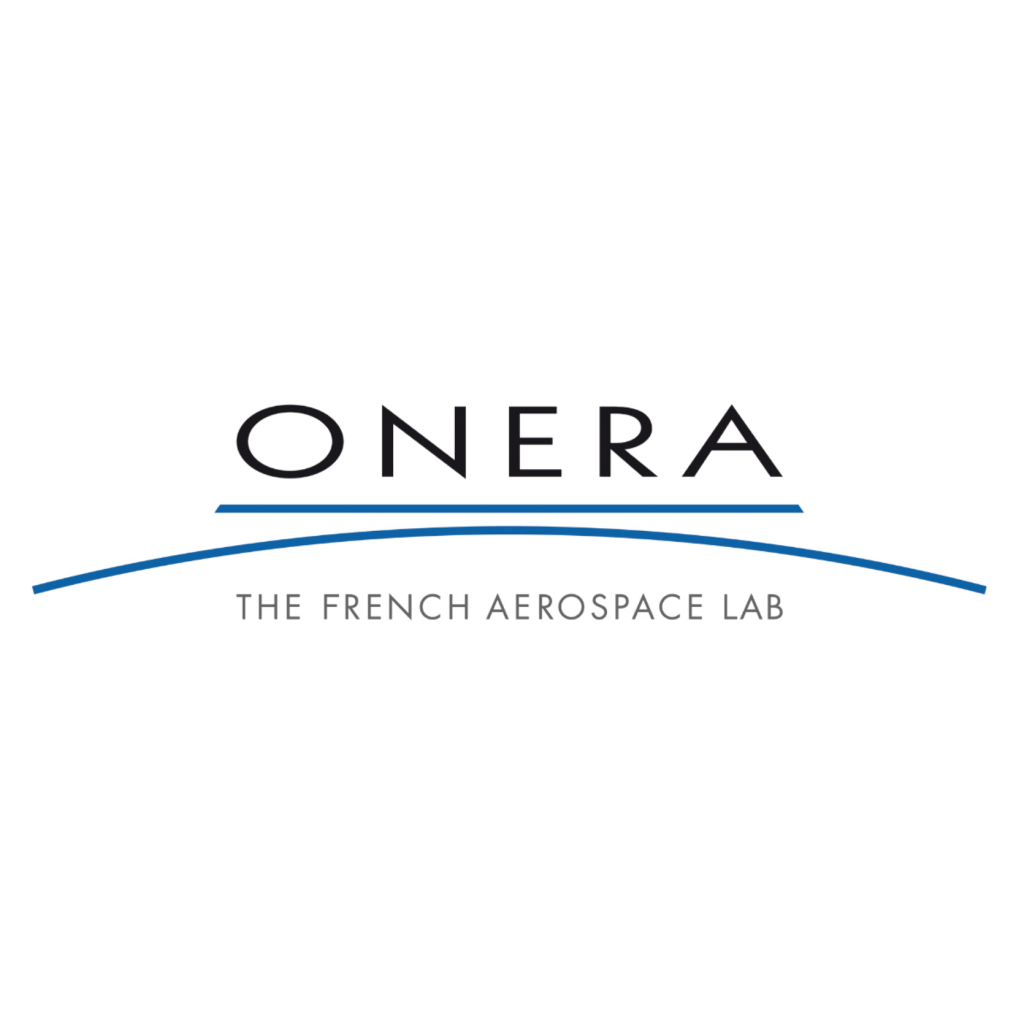

ONERA
ONERA is the French national aerospace research centre. It is a public research establishment, with eight major facilities in France and about 2,000 employees, including 1,500 scientists, engineers and technicians. ONERA was originally created by the French government in 1946, and assigned six key missions:
- Direct and conduct aeronautical research
- Support the commercialization of this research by national and European industry
- Construct and operate the associated experimental facilities
- Supply industry with high-level technical analyses and other services
- Perform technical analyses for the government
- Train researchers and engineers.
ONERA conducts application-oriented research. Whether the research has short, medium or long-term goals, it is designed to support the competitiveness and creativity of the aerospace and defence industries. ONERA covers all the disciplines and techniques needed to drive progress in aerospace: aerodynamics, flight dynamics, propulsion, structural strength, materials, optics and laser, acoustics, radar and electromagnetism, electronics, systems, robotics, information processing. The research carried out at ONERA results in computation codes, methods, tools, technologies, materials and other products and services which are used to design and manufacture everything to do with aerospace:
- Civil aircraft
- Military aircraft
- Helicopters and tiltrotors
- Propulsion systems
- Orbital systems
- Space transport
- Missile systems
- Defence systems
- Networked systems and security systems
ONERA is partially funded by the French government to primarily finance long-term research, which lays the groundwork for future developments. Research contracts finance medium and short-term work, closer to the application. The strategic challenge for ONERA is to organize this broad knowledge stream, ranging from the acquisition of knowledge to transferring it to industry. The research carried out or coordinated by ONERA is designed to meet some of the main challenges facing society today:
- Develop industrial competitiveness
- Protect the environment
- Enhance safety and security
ONERA is working on some of today’s most important issues, including the reduction of noise and emissions, aircraft safety and air traffic management. At the same time, we are continuing our research into increasing the performance and competitiveness of airplanes, helicopters and launch vehicles.
ONERA also addresses today’s fast-changing defence needs, such as surveillance and tracking systems, information processing, decision aids and aircraft autonomy. Our researchers cover every link in the defence system chain: see – understand – decide – act. Its Physics, Instrumentation, Environment and Space Department (DPHY) designs innovative instruments and evaluates certain aerospace environments and their consequences on on-board systems. One major objective is to evaluate the environmental conditions of space missions and prevent the damage they may cause. The Radiative Space Environment (ERS) team aims at developing reliable and global models of the dynamics of the radiation belts.
Main Tasks
ONERA will lead WP4 (Space Safety Service) and will contribute to WP2 (Solar and interplanetary drivers of geospace conditions), WP3 (Internal magnetospheric dynamics), WP5 (Evaluation and verification) and WP6 (Exploitation, dissemination and communication).










